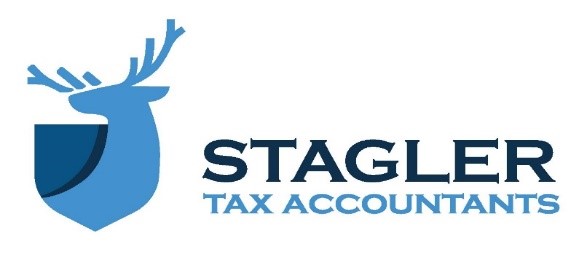The Indispensable Role of Tax Professionals in Your Wealth Management Journey
Wealth management is a complex and multifaceted journey, requiring a blend of financial expertise, strategic planning, and astute decision-making. Among the key contributors to this process are specialists whose expertise in tax regulations and implications plays a crucial role in maximising financial health and minimising liabilities. These experts, often called tax professionals, are pivotal in navigating the intricate world of taxes and ensuring that one’s wealth management strategy is efficient and compliant with existing laws.
Understanding the Complexity of Tax Laws
The realm of taxation is notoriously complex, with constantly evolving laws. This complexity is broader than understanding the rates but extends to various deductions, exemptions, and credits, each with its own rules and qualifications. Managing these aspects can be daunting for individuals with diverse income streams or substantial assets. This is where specialised expertise comes into play, offering guidance tailored to individual financial situations and goals.
Strategic Tax Planning: More Than Just Compliance
Effective wealth management is about adhering to tax laws and optimising one’s financial strategy in light of these laws. This involves a proactive approach to tax planning, considering the current tax implications of financial decisions and their future impact. Such foresight is essential in retirement planning, investment decisions, and estate planning, where the tax implications can significantly affect the net outcome.
Bridging Wealth Management and Tax Optimisation
Wealth management encompasses a broad range of financial activities, including investment management, estate planning, and retirement planning. The role of tax expertise is crucial in each of these areas. For instance, in investment management, understanding the tax implications of different investment vehicles can influence decisions on asset allocation. In estate planning, knowledge of tax laws can help structure assets to minimise tax burdens for heirs.
Mitigating Risks and Ensuring Compliance
One of the primary roles of tax specialists in wealth management is to ensure compliance with the law. Tax laws are subject to change, and failure to comply can result in penalties and legal repercussions. By staying abreast of the latest tax regulations and guidelines, these experts help mitigate non-compliance risk. This not only protects one’s assets but also ensures peace of mind.
Personalised Advice for Maximising Benefits
Every individual’s financial situation is unique, as are their tax obligations and opportunities. Personalised advice is, therefore, a critical component of tax-centered wealth management. Tailored strategies can help individuals take advantage of specific tax benefits relevant to their situation, such as tax credits for education expenses or deductions for home mortgage interest.
Navigating Life Changes and Financial Transitions
Life events such as marriage, the birth of a child, or retirement bring significant financial changes. These transitions often have substantial tax implications. Having an expert on board can be invaluable in navigating these changes, ensuring that one’s wealth management strategy adapts accordingly.
The Value of Continuous Education and Expertise
The field of taxation is ever-evolving, with new laws and amendments introduced regularly. This constant evolution necessitates continuous education and up-to-date knowledge. Tax specialists invest considerable time and resources in staying current with the latest developments, a commitment that translates into informed, relevant advice for their clients.
Conclusion
In conclusion, the role of tax experts in wealth management cannot be overstated. Their expertise in understanding and navigating the complex world of tax laws is invaluable in ensuring compliance and optimising one’s financial strategy. Individuals can achieve a more holistic and practical approach to managing their finances by integrating tax planning into the broader wealth management process. This integration is essential for anyone looking to maximise their wealth potential while remaining compliant with the ever-changing tax landscape.







